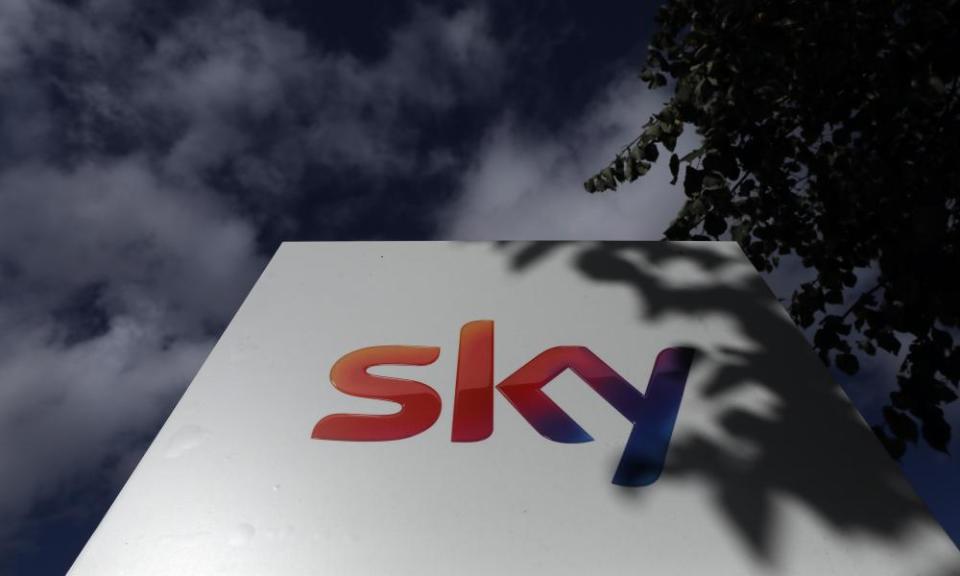Sky broke rules over telling customers TV contracts were up, watchdog rules

Sky has been breaking consumer protection rules by not informing pay-TV customers that their contracts are due to expire so they can shop around for cheaper deals, according to a ruling by telecoms regulator Ofcom.
Following a long-running investigation, Ofcom has found that Sky, which has about 9 million TV customers, is in breach of rules by failing to send end-of-contract (ECN) notifications to its pay-TV customers.
Sky is the only major telecoms company not to send notifications – by text, email or letter – which are designed to make customers aware that they have the option of switching or getting a better deal with their existing provider.
Ofcom estimates that between February 2020, when the new ECN rules were implemented, and the end of last year 3.5 million Sky TV customers were not told they could look around to save money on their TV packages.
The rules require broadband, mobile, home phone and pay-TV companies to notify customers 10 to 40 days before deals end, because they are deemed to be public “electronic communications services”.
Sky says that while it notifies broadband and phone customers it does not consider its satellite pay-TV service to fall under Ofcom’s definition and so is not obliged to send the notifications.
“We have directed Sky to take all necessary steps to comply with its regulatory obligations to send end-of-contract notifications to customers of its relevant pay-TV services,” Ofcom said.
It said Sky now has nine months to start sending notifications, although the company has up to two months to lodge an appeal with the Competition Appeal Tribunal.
“In addition, Sky must provide Ofcom with a progress report no later than four months from the date of this decision on the steps it will take to ensure the remedy is fully implemented within the nine months given.”
Sky’s refusal to join other telecoms operators such as BT and Virgin Media 02 in sending out the notifications puts it in an increasingly difficult position as the cost of living crisis stretches household budgets to the limit.
Earlier this year, Sky and its rivals increased bills by almost 10% but the industry mostly avoided criticism as it came before inflation hit a 40-year high, making energy and food bills the biggest financial issue facing households.
In June, the UK’s biggest mobile and broadband companies were called to a summit at Downing Street to agree a plan to help customers struggling to pay bills, including moves to allow switching to cheaper deals without paying a penalty.
A spokesperson for Sky said: “We continue to believe Sky’s pay-TV service is not an electronic communication service under the legal definition in the Communications Act 2003, but we note the outcome of Ofcom’s investigation.
“We look forward to working with Ofcom to seek a legal review.”

 Yahoo Finance
Yahoo Finance 